If you are tired of buying potted herbs from supermarkets –and paying too much for them – which always end up with the same fate of not surviving very long, then how about growing your own herbs from seeds?
Outdoor or Indoor
 The very first phase of growing herbs from seeds is to think about what you will do once these seeds sprout – are you going to transplant them outdoors, for example? The main factor that will influence the whole gardening process is your decision of whether you’ll be growing your herbs outdoors or indoors.
The very first phase of growing herbs from seeds is to think about what you will do once these seeds sprout – are you going to transplant them outdoors, for example? The main factor that will influence the whole gardening process is your decision of whether you’ll be growing your herbs outdoors or indoors.
If you want to grow your herbs outdoors, then you’ll want to follow these tips:
- Consider the climate history of your area.
- Find out when did the last spring frost occur – you can just google it. And, then subtract 6-8 weeks from this date and grow your herbs during that time.
Note: The process of transplantation is often favored for certain crops like rice, tomatoes, cabbages and chilies but not for herbs like parsley, coriander and dill. So, we recommend you take a moment to find out which herbs do better as transplants.
Indoor Gardening
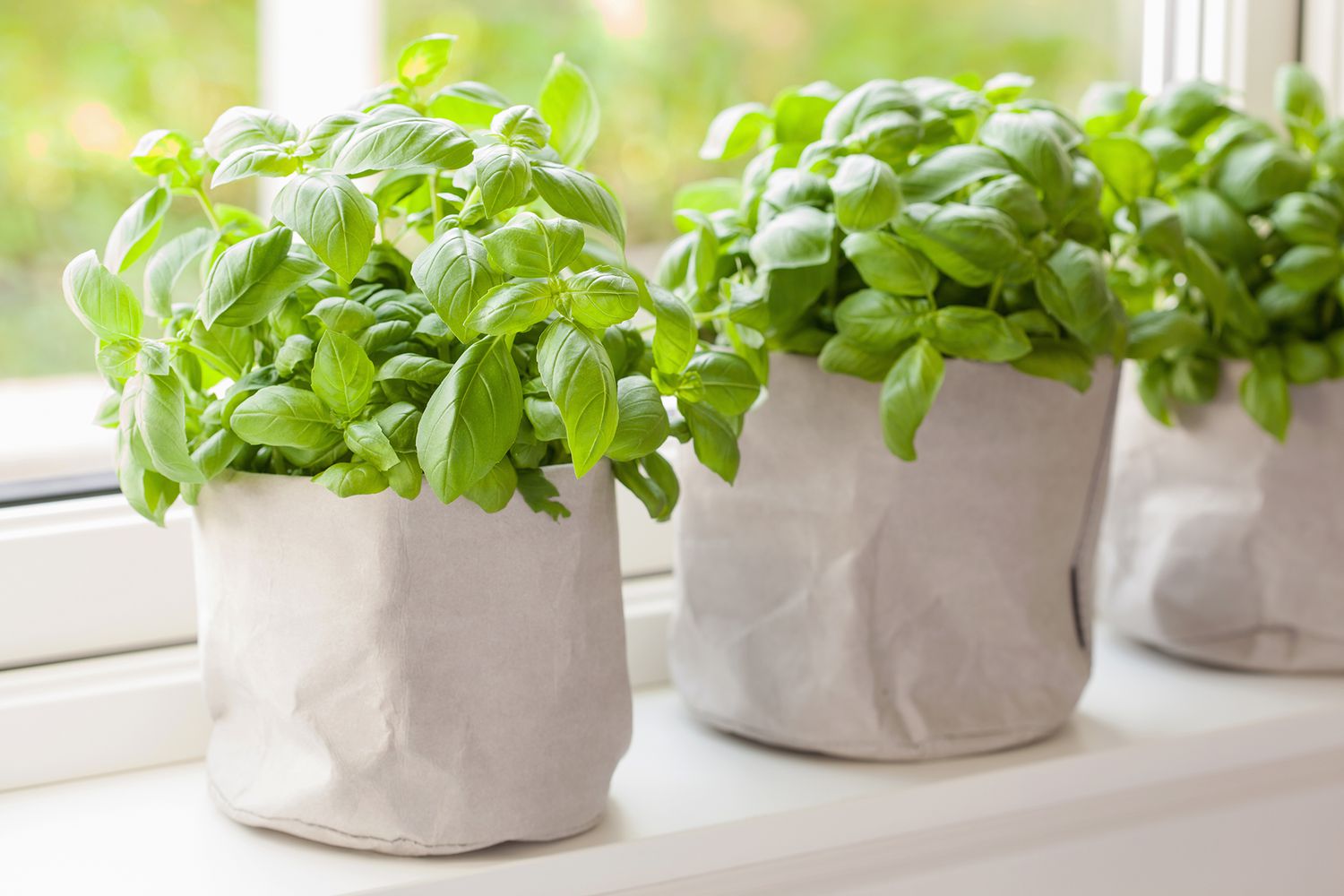 Both labor-wise and knowledge-wise, outdoor gardening is tougher. If you’ve ever grown an outdoor garden, you’ll know the battle that can rage between you and the pests that would completely destroy all your hard work by eating your plants. Indoor gardening is not completely pest-free, but at least there won’t be any be any birds and garden rodents that will get to the foods you grew way before you get to eat them. And, if you live in an exclusive urban setting where it is practically impossible to find a space to grow plants, indoor gardening is your best option.
Both labor-wise and knowledge-wise, outdoor gardening is tougher. If you’ve ever grown an outdoor garden, you’ll know the battle that can rage between you and the pests that would completely destroy all your hard work by eating your plants. Indoor gardening is not completely pest-free, but at least there won’t be any be any birds and garden rodents that will get to the foods you grew way before you get to eat them. And, if you live in an exclusive urban setting where it is practically impossible to find a space to grow plants, indoor gardening is your best option.
Which Herbs Are Easy to Grow?
 In general, most herbs are easy to grow and basically require not much than well-drained rich soil. However, it also depends on where you live and if the herbs you want to grow are acclimated to your climate and soil. Some perennials like rosemary, for example, won’t survive in places where winters hold more than just a few days of hard freezes. And, others like oregano and thyme usually burn up in hot climates. So, before you select a herb, make sure it can adapt to your climate and survive in your indoor garden for a long period of time.
In general, most herbs are easy to grow and basically require not much than well-drained rich soil. However, it also depends on where you live and if the herbs you want to grow are acclimated to your climate and soil. Some perennials like rosemary, for example, won’t survive in places where winters hold more than just a few days of hard freezes. And, others like oregano and thyme usually burn up in hot climates. So, before you select a herb, make sure it can adapt to your climate and survive in your indoor garden for a long period of time.
Here’s a list of some of the easiest herbs to grow for beginners:
- Chives
- Basil
- Cilantro
- Parsley
- Sage
Selecting Your Herbs
 Initially, most beginners grow culinary herbs because they are tired of buying and using wilted, sad and yellowing leaves packed in plastic bags found at grocery stores. A few years later, they will start opting for different, funky versions of common herbs.
Initially, most beginners grow culinary herbs because they are tired of buying and using wilted, sad and yellowing leaves packed in plastic bags found at grocery stores. A few years later, they will start opting for different, funky versions of common herbs.
Unbeknownst to many, there are different “cultivars” for common herbs. Some of them are shorter or taller than the original version and some of them have been bred to make them well-suited for indoor gardening –their attributes will include things like low light tolerance, disease resistance, compact stature and so on.
However, you won’t get your hands on such strains if you shop at big stores like Home Depot or Lowes, where you are most likely to find the most generic and cheapest cultivars. According to gardening experts, Urban Leaf is the only place where you’ll have access to a careful curation of cultivars that were specifically selected for indoor growers.
When Is the Best Time to Grow Your Herbs Indoors?
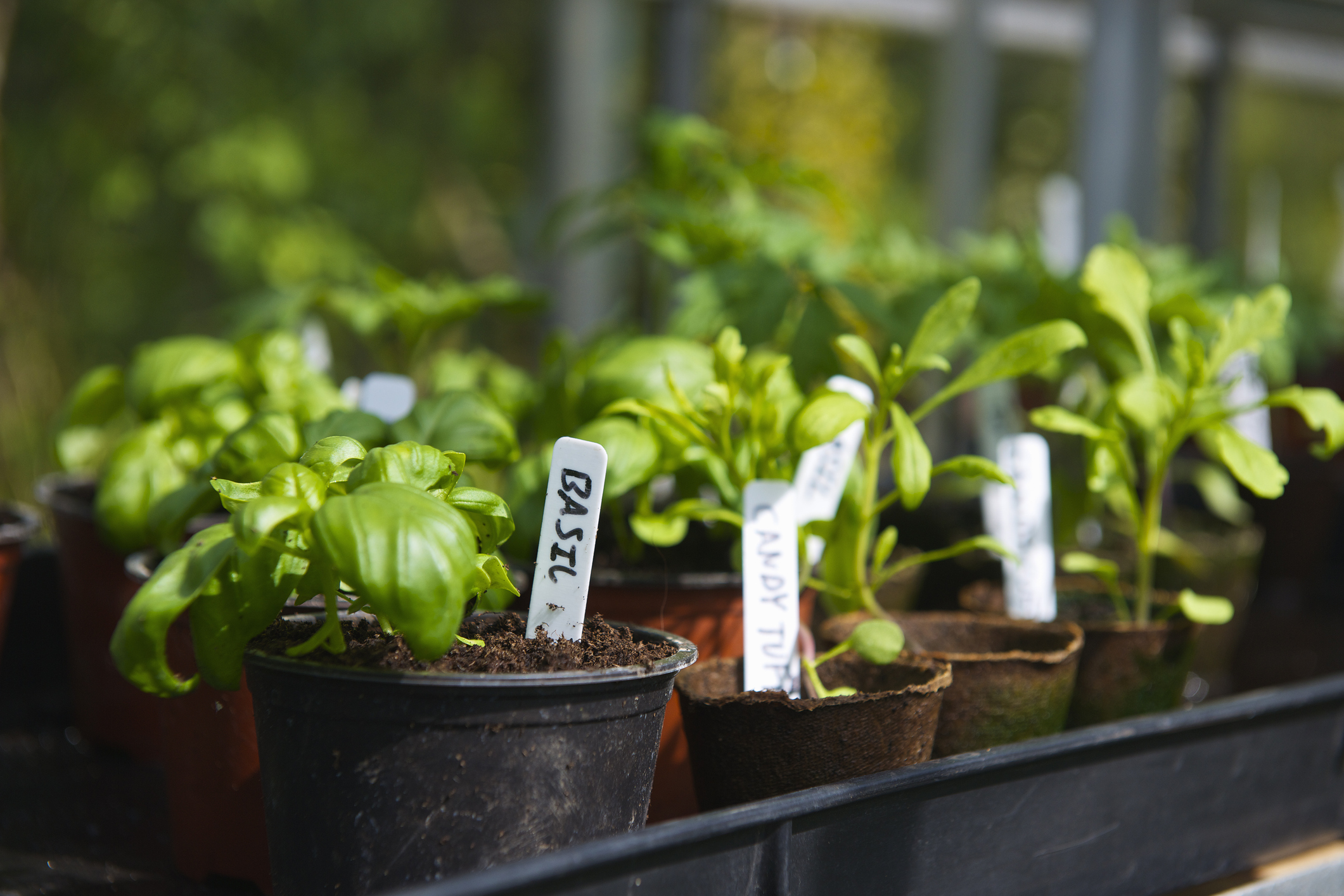 The best time to grow culinary herbs is during early spring. With spring, the weather conditions become mild and so is the soil moisture level. In addition to longer daylight, spring usually creates natural and favorable growth conditions for most herbs.
The best time to grow culinary herbs is during early spring. With spring, the weather conditions become mild and so is the soil moisture level. In addition to longer daylight, spring usually creates natural and favorable growth conditions for most herbs.

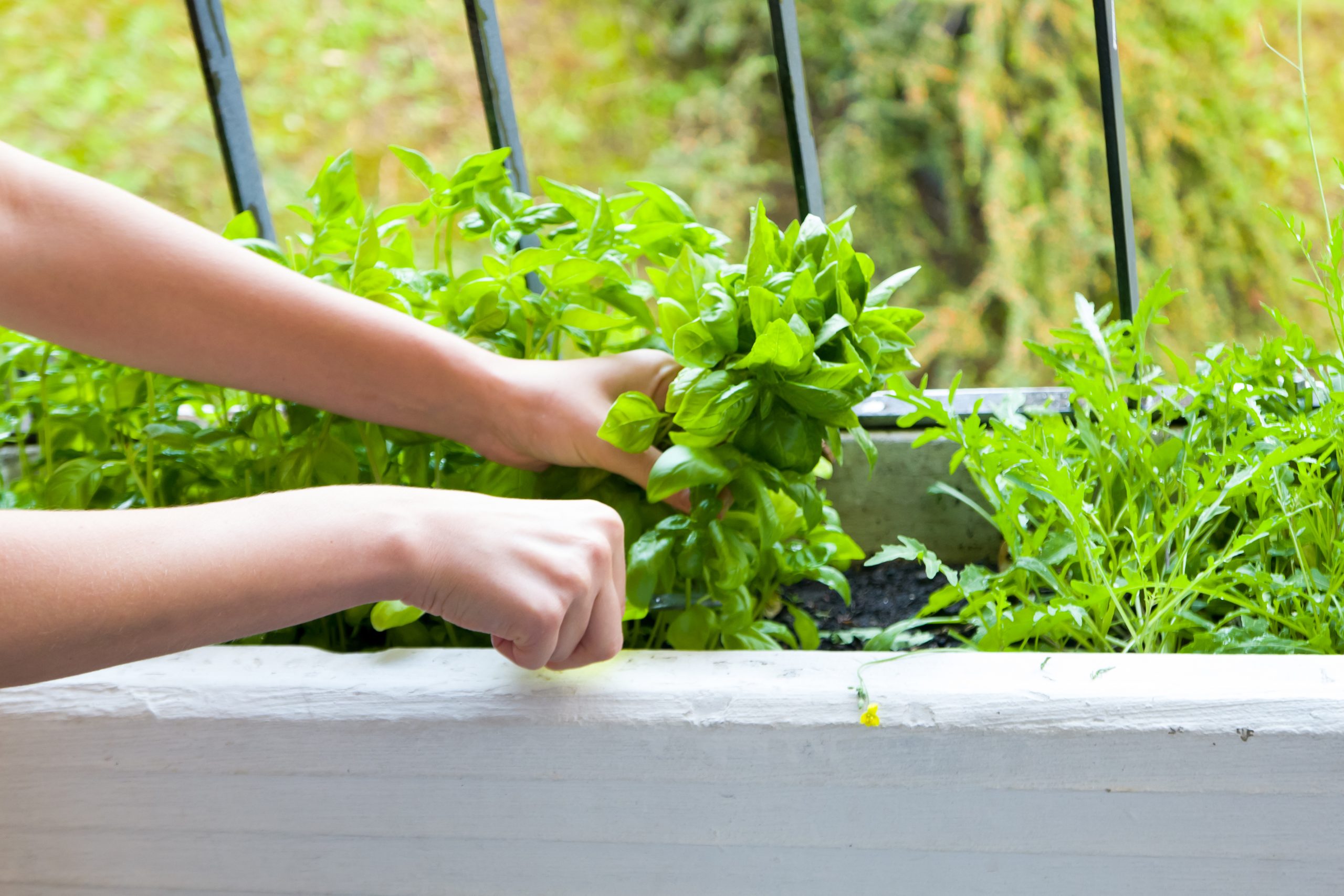
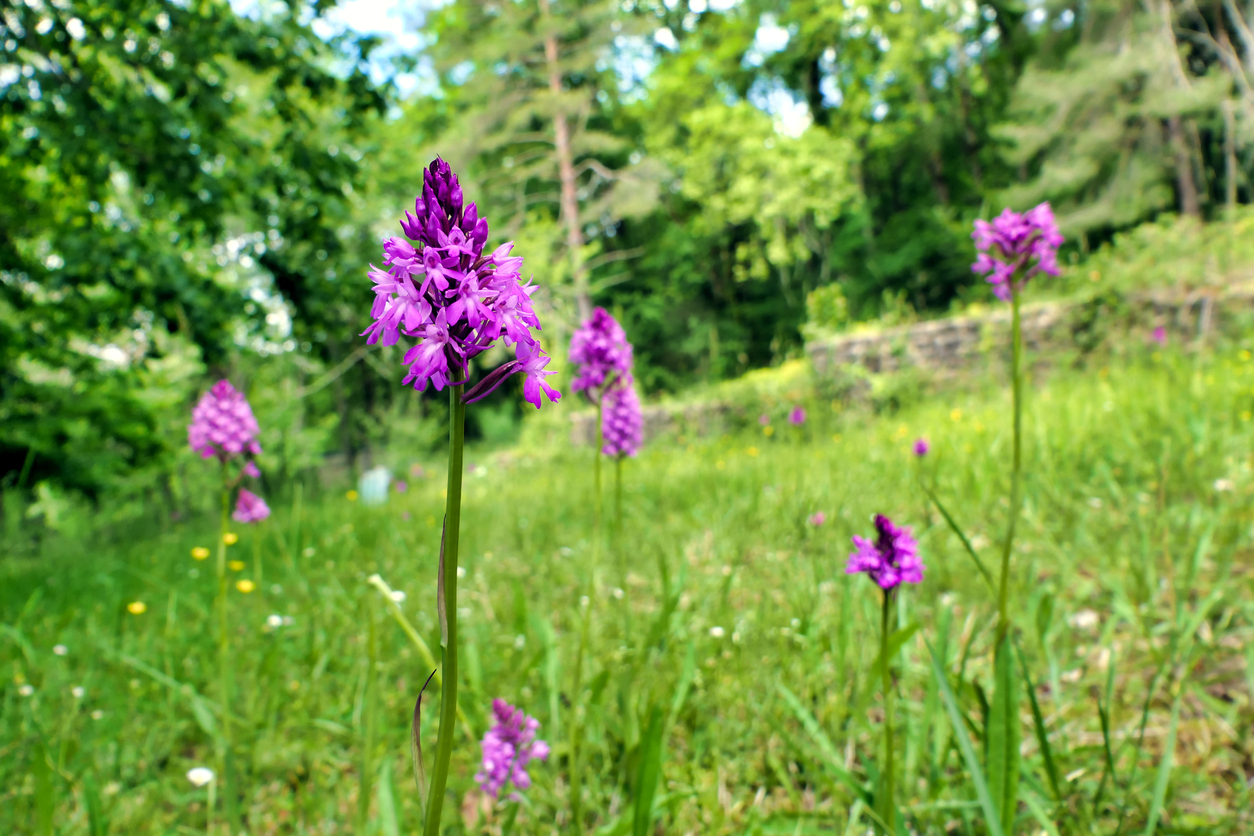

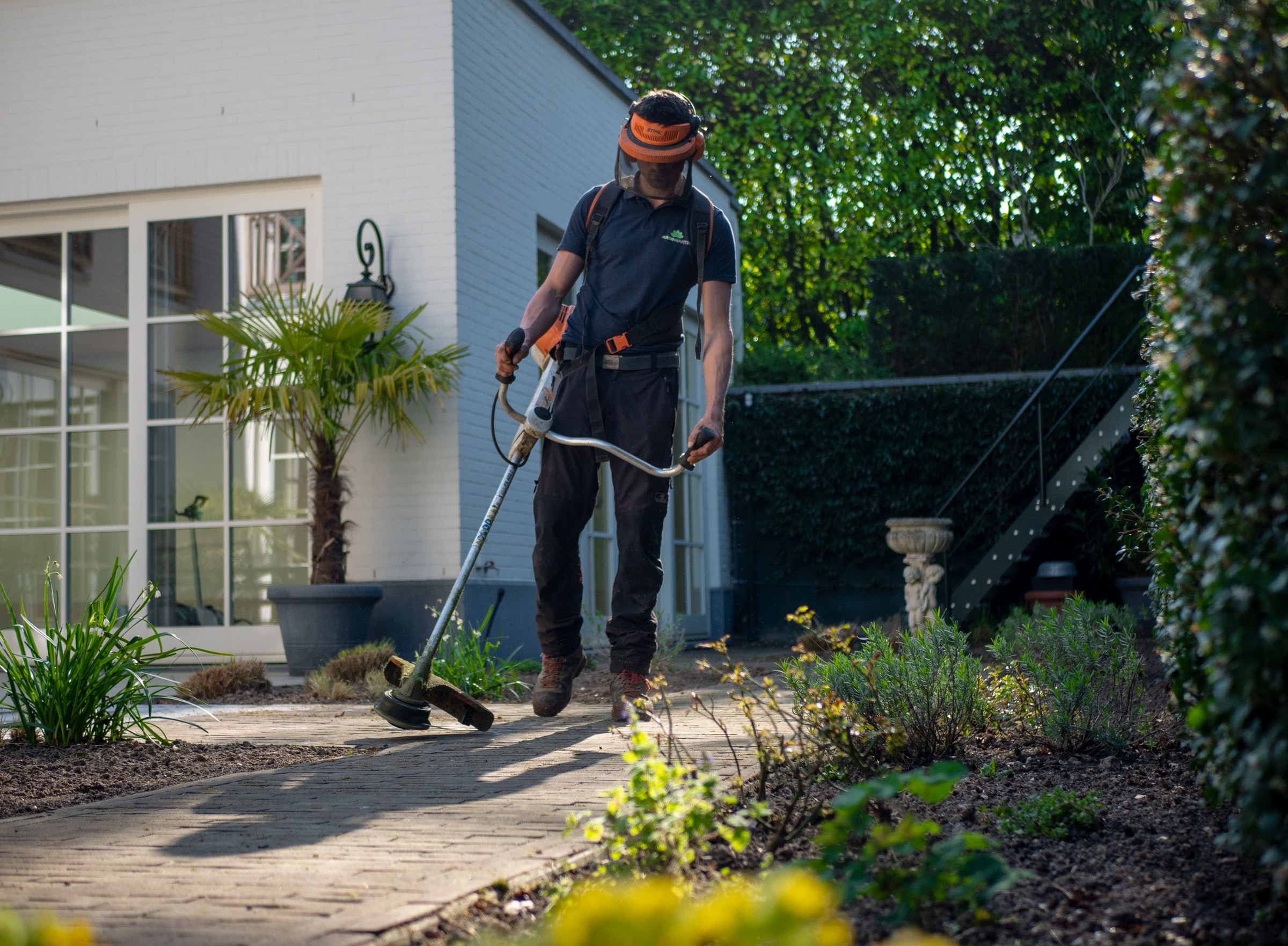
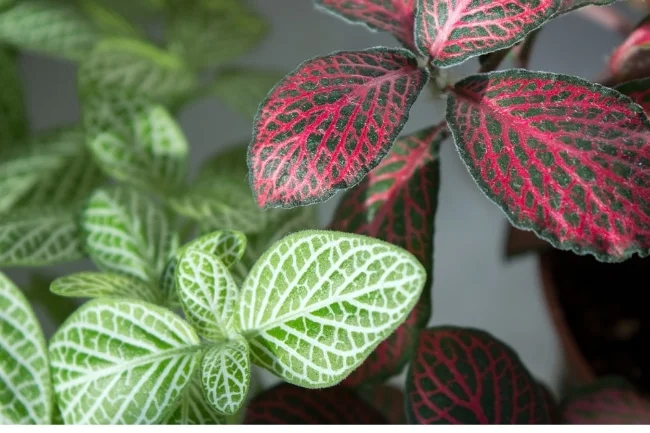
1 Comment
[…] Getting back in touch with the earth, smelling the good odor of humus, and working alone or with others to enjoy together moments of conviviality outside all these factors motivate you to cultivate your garden. But don’t forget that taking care of the garden in winter means preparing to enjoy it in spring and summer! So, without further ado, let’s dive into this blog and learn everything you need to know about taking care of your garden during winter. […]